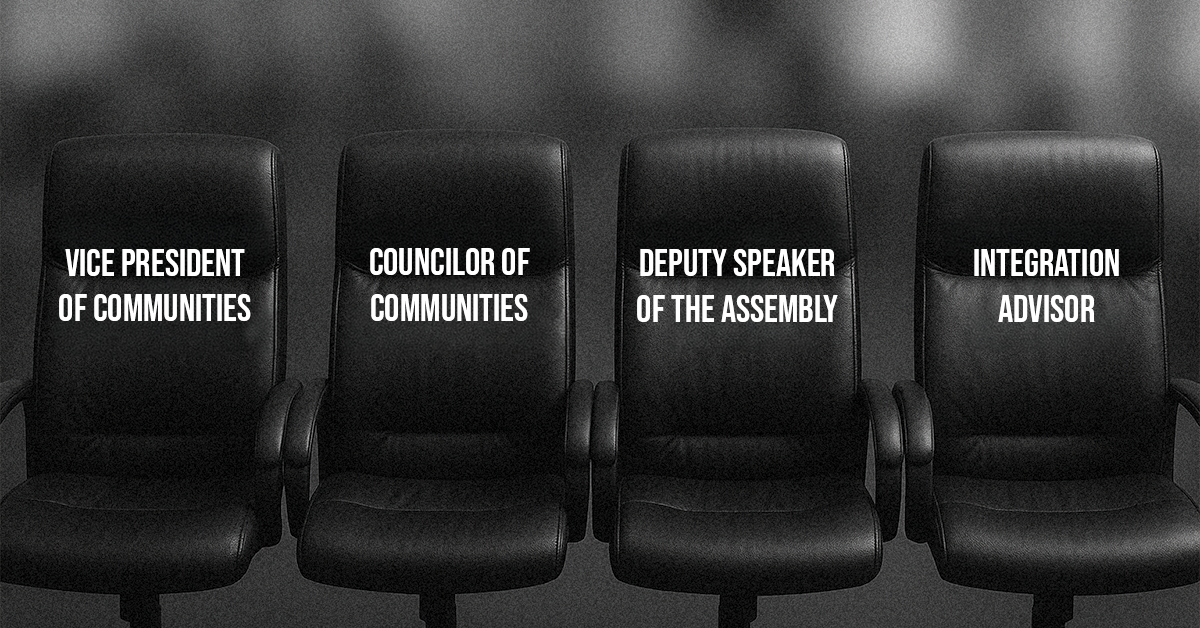
Are we ready for a leader who doesn’t look like our majority?
The absence of Roma, Ashkali and Egyptians in state-building positions.
The Constitution does not make provisions based on ethnicity. Any citizen of the Republic of Kosovo over the age of 35 is eligible to be elected President.
Community representatives convey their needs only to Albanian leaders but have no real influence over addressing them.

Bajram Ilazi
Bajram Ilazi is a human rights activist committed to the empowerment and representation of the Ashkali, Egyptian, and Roma communities, with a focus on education, social equality, and institutional inclusion.
DISCLAIMERThe views of the writer do not necessarily reflect the views of Kosovo 2.0.
This story was originally written in Albanian.